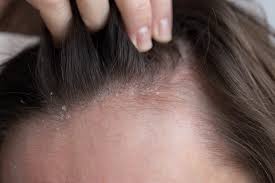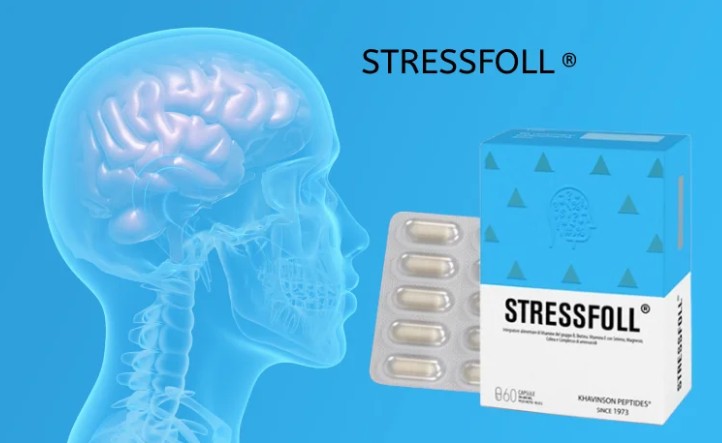
Introduction
Autism is a complex condition that affects many children worldwide. As parents look for ways to support their child’s development, autism supplements have gained increasing interest. These supplements, which include vitamins and other nutrients, offer potential benefits that may support various aspects of a child’s health. This article explores different types of autism supplements and provides guidance on selecting the right ones for your child. According to Autism Speaks, some parents find that supplements can help with specific symptoms or issues related to autism. However, it’s crucial to approach this topic with informed caution and seek professional guidance.
Understanding Autism Supplements
Autism supplements are dietary products that may support the health and development of children with autism. They can include:
- Vitamins: Such as Vitamin D and B6, which may support brain development.
- Minerals: Like magnesium or zinc, often considered for mood and sleep regulation.
- Other Nutrients: Omega-3 fatty acids and probiotics, which may promote brain health and gut function.
Before starting any supplement, it’s important to consider general safety guidelines. The Mayo Clinic emphasizes that while supplements can serve as an addition to a healthy diet, they are not a substitute for medication or other therapies recommended by doctors.
When considering autism vitamins and supplements, parents should:
- Evaluate Dietary Gaps: Look at your child’s current diet to identify any nutritional deficiencies.
- Consult Professionals: Talk to healthcare providers to consider your child’s unique needs.
- Monitor Progress: Regularly check how your child is responding to any new supplements.
By starting with professional guidance and a clear understanding of what your child needs, supplements can become a helpful part of your autism care toolkit.
Vitamins and Supplements for Autistic Kids
When considering autism supplements, it’s essential to understand which vitamins and supplements can be beneficial. As you’re exploring options, remember to prioritize simple, straightforward actions like consulting with a pediatrician to ensure safe and effective use.
Vitamins for Autistic Kids
Several vitamins have been researched for their potential benefits for children with autism:
- Vitamin D: Important for bone health and immune system function. Some studies suggest it may play a role in mood regulation and cognitive function. However, always check with a healthcare provider for appropriate dosage.
- Vitamin B6: Often linked with brain development, vitamin B6 might help improve behavior and communication. Careful supervision by a doctor is advised to determine its necessity and safe use.
- Omega-3 Fatty Acids: Found in fish oil, Omega-3s are known for supporting brain health and reducing inflammation. They may help improve social skills and reduce hyperactivity experiences. A reliable research study shows its potential benefits when properly administered.
When considering these vitamins, dosages should be individualized, with pediatric consultation being essential to avoid adverse effects and ensure the right balance of nutrients for optimum support.
Supplements for Autistic Child
Beyond vitamins, various supplements may contribute to the overall health and well-being of children with autism:
- Probiotics: These help maintain gut health, which may have a direct impact on behavior and mood. A healthy gut can lead to improved digestion and possibly reduce symptoms of autism.
- Melatonin: Commonly used to aid sleep disturbances, melatonin can be beneficial for children with autism who experience difficulties in falling or staying asleep. It is crucial to use this supplement under medical guidance to ensure safety and effectiveness.
Engaging healthcare professionals when selecting supplements is important, as they can help tailor advice and recommendations based on individual health needs and current research insights.
Choosing Autism Vitamins and Supplements
Selecting the correct autism vitamins and supplements demands thoughtful evaluation and a personalized approach. Here’s how you can approach it:
- Understand Unique Needs: Every child with autism is unique, and so are their health needs. Assess what specific deficiencies or health concerns need to be addressed with supplements.
- Consult Healthcare Providers: They can provide advice on effective products and appropriate dosing.
- Monitor and Adjust: Once a regimen begins, observe how your child responds to the changes, looking for improvements or any adverse effects. Adjust the regimen in consultation with healthcare experts if necessary.
Following expert advice and guidance from trusted sources, such as the CDC, helps ensure that the choices you make are informed and beneficial for your child’s health and development. This strategy supports long-term well-being by providing the right nutrient balance tailored to your child’s needs.
Autism Supplements Safety and Efficacy
When considering autism supplements for your child, safety and effectiveness are top priorities. Here’s how you can ensure they are both safe and beneficial:
- Safety Concerns
Supplements can sometimes have side effects or interact with medications. It’s important to choose products that are tested and recommended, ensuring they are safe for children. Read labels carefully to understand ingredients and potential risks. - Recognizing Improvements
To evaluate a supplement’s effectiveness, observe changes in your child’s behavior, sleep patterns, or moods. If you notice positive changes, this might indicate the supplement is working. Keep a journal to track any differences after starting a new supplement. - Spotting Adverse Effects
Pay attention to any negative reactions, such as stomach upset, headaches, or changes in energy levels. If any negative symptoms arise, discontinue use and consult a healthcare provider promptly. - Ongoing Monitoring
Regularly assess if the supplements continue to benefit your child. This involves tracking progress with a healthcare professional who can adjust dosages or suggestions as your child grows and their needs change.
Consulting with Professionals
Consulting healthcare professionals is crucial when deciding on autism supplements. Here’s why parents should consider professional advice:
- Personalized Recommendations
Doctors or nutritionists can provide guidance tailored specifically to your child’s health needs. They consider factors like diet, existing conditions, and medications to recommend the best vitamins and supplements for kids with autism. - Finding the Right Balance
Health professionals help in crafting a balanced approach to supplementation. This involves finding the right mix and dosage that maximizes benefits while minimizing any risks. - Communication and Updates
Regular check-ins with your child’s healthcare provider ensure any adjustments in health are addressed. Open communication about what is working and what isn’t helps in maintaining the right course of action for your child’s well-being.
By prioritizing safety and engaging with experts, you can make informed decisions about autism supplements that may support your child’s health and development effectively.
Conclusion and Next Steps
As we wrap up our exploration of autism supplements, it’s clear that they can be a helpful part of supporting children with autism. However, it’s crucial to make informed and personalized choices. Here’s a quick summary of what we’ve covered:
- Understanding Autism Supplements: These can support health and development, but safety remains a priority.
- Vitamins and Supplements: Vitamins such as Vitamin D, B6, and Omega-3, along with supplements like probiotics and melatonin, may offer specific benefits.
- Choosing Wisely: Evaluate dietary gaps and understand your child’s needs with expert guidance.
- Safety and Efficacy: Regularly monitor safety and efficacy indicators.
They can offer tailored advice based on individual needs, ensuring that the choices you make are both safe and effective.
Finally, consult with healthcare providers to discuss which autism vitamins and supplements could be suitable for your child. By staying informed and proactive, you can help support your child’s health journey.
Write and Win: Participate in Creative writing Contest & International Essay Contest and win fabulous prizes.


